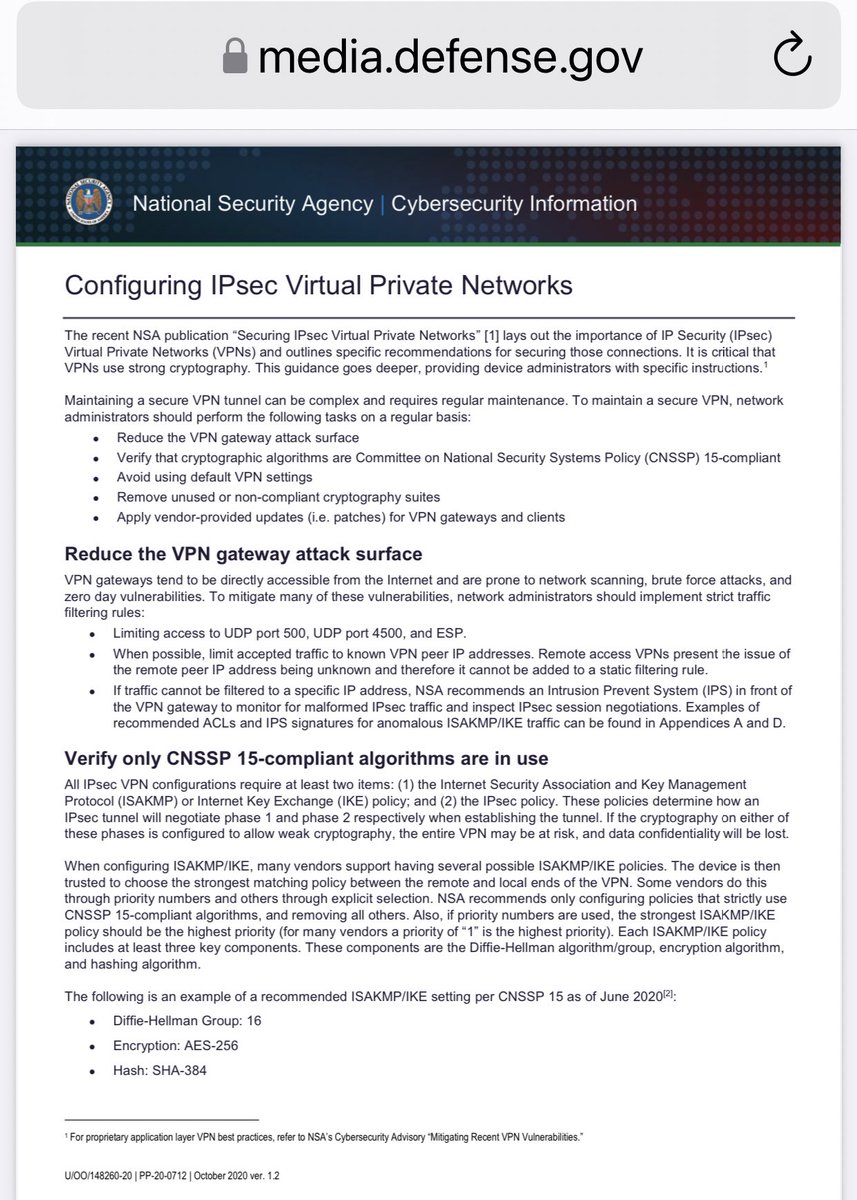
Imagine creating a social media company and rigging the stock so nobody can ever depose you, and then *not* creating a giant candy factory staffed with weird and magical helpers.
Whenever I read about the exploits of Zuck I’m like SMH that’s what people who actually worry about their jobs do, you dumbass.
“Oh no, promoting voter info might make idiots think my company is politically biased, then we’d have a 4% drop in weekly engagement…”
Seriously, you could invent chewing gum that never loses its flavor and this is what you choose.
Seriously, you could invent chewing gum that never loses its flavor and this is what you choose.

Even @jack doesn’t actually care what happens to Twitter, and I think he’s basically living in a camper van. 

• • •
Missing some Tweet in this thread? You can try to
force a refresh








